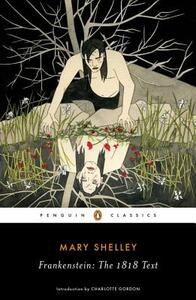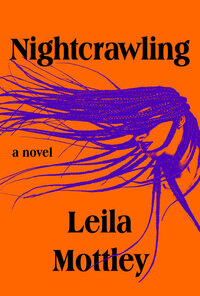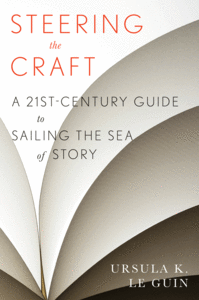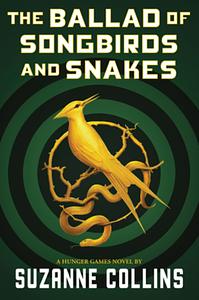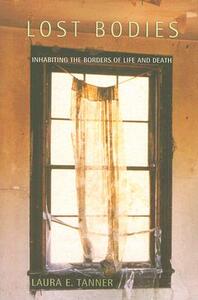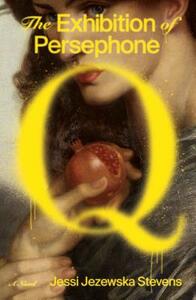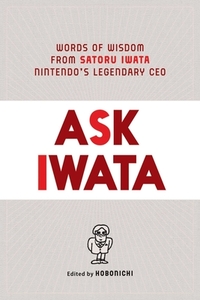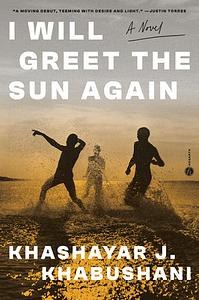Take a photo of a barcode or cover
blindmanbaldwin's Reviews (69)
Revisiting "Frankenstein" for the first time since youth. I forgot how textured the sadness is in the book — particularly with the titular character, who realizes his desire and immediately regrets it but finds no way out. The relationship between him and his creation evokes that of God and Adam, where the Creature eats the fruit (literacy) and realizes the folly of his existence. Unlike Adam who gets into reality, our creation here finds no salvation or release.
We have a capacity to possess power greater than our ability to understand them. That's existence — a sea of emotions that we don't know how to swim in. Letting it flood will destroy it all. Can find echoes of "Frankenstein" in countless works over the subsequent centuries.
We have a capacity to possess power greater than our ability to understand them. That's existence — a sea of emotions that we don't know how to swim in. Letting it flood will destroy it all. Can find echoes of "Frankenstein" in countless works over the subsequent centuries.
Wow.
Such a strong voice here — the interior of this girl projecting onto her surroundings; the smallest details of her environment inflamed by the passions and angers of youth. The struggle to survive pushing against a government that doesn't care whether you live or die. Generation after generation vilified and victimized by a system that denies any opportunity for growth. Love becomes a weakness.
What does it mean to live without the belief in a future? Every day feels like the end.
Such a strong voice here — the interior of this girl projecting onto her surroundings; the smallest details of her environment inflamed by the passions and angers of youth. The struggle to survive pushing against a government that doesn't care whether you live or die. Generation after generation vilified and victimized by a system that denies any opportunity for growth. Love becomes a weakness.
What does it mean to live without the belief in a future? Every day feels like the end.
Simple (in a good way), with helpful exercises that get at the forest-level points of narrative.
Interesting hook to this one — one of my Tumblr mutuals compared it to noir except the POV character is the femme fatale (or in this case...masc fatale?) — where Snow charms this girl into his plan for ambition. The conflict within propels it well. Snow starts out fostering a relationship with his tribute, Lucy Gray, just to win the game but eventually has his humanity take hold and actually falls for her. In the end, as written from the start, he severs her (and with it his chance at humanity) and chooses ambition.
By virtue of the POV, we're pulled out of the arena and exist in the role of voyeur. A shift from the first three books but one that works in tandem with the points on the power of media. A lot of entry-level political philosophy arguments here, which is fine given the target audience for the book. Social contract, rejection of Enlightenment ideals in this Hobbesian world, power of violence. The powerful people think we're all inherently crooked and they have to control us, but the truth is the powerful are the real crooks and the rest of us are able to let go.
It's fine, safe and fine. Prequel boxes it in.
By virtue of the POV, we're pulled out of the arena and exist in the role of voyeur. A shift from the first three books but one that works in tandem with the points on the power of media. A lot of entry-level political philosophy arguments here, which is fine given the target audience for the book. Social contract, rejection of Enlightenment ideals in this Hobbesian world, power of violence. The powerful people think we're all inherently crooked and they have to control us, but the truth is the powerful are the real crooks and the rest of us are able to let go.
It's fine, safe and fine. Prequel boxes it in.
As someone more spiritually inclined, this book challenged and complicated my notions by presenting a thoroughly material-oriented approach to loss/grief/death focusing on the literal flesh.
The story of a land — a land as old as people itself, with all the history of the region failing to live as neighbor. I'm reminded of Akira Kurosawa's quote when asked to find a common theme in his films: "Why can't people be happier together?".
Hate festers in everyone, whether Christian or Muslim. Religion becomes less a creed and faith, instead turning into a tool of tribalism. No one's hands are clean here, no one gets out unscathed. Hate leads to its inevitable end for Captain Michaels and everyone else here. A choice of hate over a choice of love goes only one way.
Much like "The Last Temptation of Christ", Kazantzakis expresses the contradiction of the divine and the human. We seek something out of something greater than us, but our material insecurities and fears drive us to do things that push away. Beautiful in the somber reality it paints. A struggle for external freedom born out of a projection of a need for internal balance. Slow roll to the end times because no one can let go of their identity and ascend into something new.
Hate festers in everyone, whether Christian or Muslim. Religion becomes less a creed and faith, instead turning into a tool of tribalism. No one's hands are clean here, no one gets out unscathed. Hate leads to its inevitable end for Captain Michaels and everyone else here. A choice of hate over a choice of love goes only one way.
Much like "The Last Temptation of Christ", Kazantzakis expresses the contradiction of the divine and the human. We seek something out of something greater than us, but our material insecurities and fears drive us to do things that push away. Beautiful in the somber reality it paints. A struggle for external freedom born out of a projection of a need for internal balance. Slow roll to the end times because no one can let go of their identity and ascend into something new.
Dense, multifaceted exploration of the war in the Congo. Explores the intersection of Cold War aftermath, western and African imperialism, and the way skillful African politicians played the international community that never took them seriously as players.
Story of thresholds: a country on the threshold of war, a city on the threshold of paranoia, and a woman on the threshold of motherhood and murder.
Stuck between past and future, Percy can't live in the moment. Blind to the beauty and pain around her, she hazes with prose to match until she gets release by confronting/letting go of the past.
Feels mumblecore, in good and bad ways. The middle section of information dump better than one would imagine, and the authors takes a unique approach to structuring text on the page. Hilarious intercedes of AOL chatroom posts.
Stuck between past and future, Percy can't live in the moment. Blind to the beauty and pain around her, she hazes with prose to match until she gets release by confronting/letting go of the past.
Feels mumblecore, in good and bad ways. The middle section of information dump better than one would imagine, and the authors takes a unique approach to structuring text on the page. Hilarious intercedes of AOL chatroom posts.
Heartwarming insight of an actually good man to lead a massive corporation. Worked his way up from programmer to president, but never lost his steady demeanor and big picture attitude. Totally embodied the Nintendo ideal of bringing happiness.
The reflections written by Shigeru Miyamoto and Shigesato Itoi are so beautiful in the full spectrum of love they both have for Iwata.
The reflections written by Shigeru Miyamoto and Shigesato Itoi are so beautiful in the full spectrum of love they both have for Iwata.
Selection of memories, fragmented as memories always are. Not the perfect causal relationships found in traditional narrative. Images across time presented along a loose chronology grouped together by geography. Story of growing up relayed how we all remember growing up — bits and pieces, with the highlights sticking out.
Design choice gives a bit of distance (time doesn't flow as it often does in narrative) while also a contradictory intimacy through the present-tense memory structure. Makes it big dramatic beats feel a little undeveloped but also real.
Design choice gives a bit of distance (time doesn't flow as it often does in narrative) while also a contradictory intimacy through the present-tense memory structure. Makes it big dramatic beats feel a little undeveloped but also real.
